Language Revitalization: Urban Unangax culture camp
This text was produced for the Ságastallamin - Telling the Story of Arctic Indigenous Languages exhibition in 2019. Read more about the Ságastallamin exhibition.
Photo: Darling Anderson & Millie McKeown/Aleutian Pribilof Islands Association
Language learning and cultural activities for the whole family
The Anchorage-based, non-governmental organization Aleutian Pribilof Islands Association (APIA) organizes an annual Unangax culture camp for the whole family to engage in hands-on activities that are compatible with the urban lifestyle.
Unangam tunuu (Aleutian) is a severely endangered language spoken in and around the Aleutian Islands, located in the Bering Strait between Alaska and Russia. As a result of centuries of colonization, many Unangax have become disconnected from their language and culture. The number of remaining speakers has shrunk to just over one hundred.
In response to the alarming state of the language and culture, the urban summer camp aims to reconnect people with traditional Unangax activities. The camp is free of charge and accessible to everyone. Participants of all ages can learn how to build drums, hunting visors or model kayaks; prepare traditional foods; and learn words, phrases, traditional dances and songs in Unangam tunuu. Most importantly, the participants get to experience a feeling of belonging and fellowship within the Aleut community.
The annual culture camp is organized at the Unangam Ulaa (the Home of the Aleuts) – the APIA headquarters in Anchorage, Alaska. The main daytime activities are aimed at youth aged 11 and up but smaller children are welcome to attend the camp in the mornings. Adult classes are scheduled during the evening, but adults can also participate as observers during the daytime. This way, families and the whole community can share learning experiences and make memories together.
For those interested in gaining fluency in Unangam tunuu and connecting with other speakers, APIA also organizes a 10-week language summer school. The participants improve their language skills and get an introduction to community leadership and teaching.
Website
www.apiai.org/departments/cultural-heritage-department/
Disclaimer
All information was provided by the Aleutian Pribilof Islands Association

